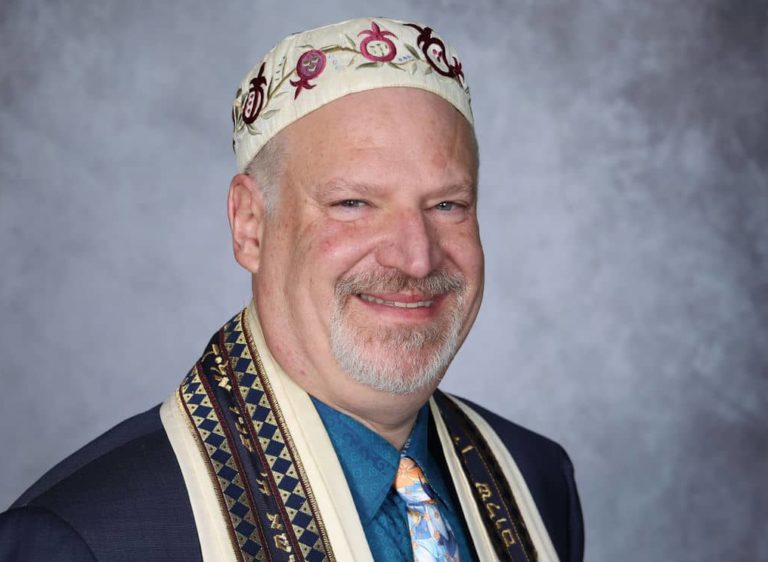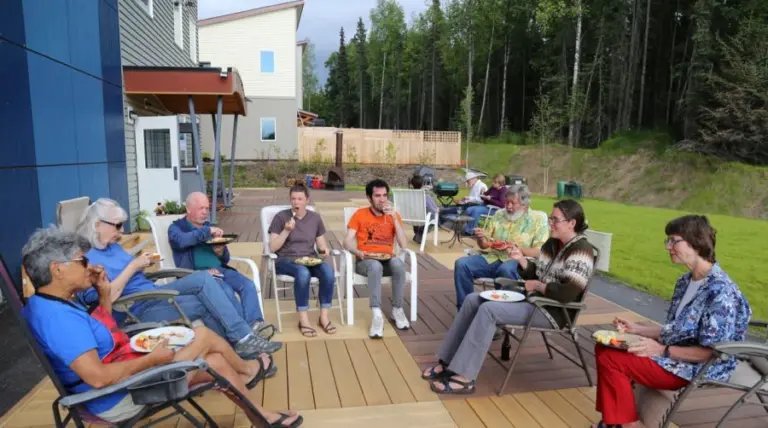State Senator Ryan Fazio is advocating for changes to Connecticut’s state statute 8-30g, in an effort to increase local control over housing and zoning issues. In a message to his constituents, Fazio urged them to testify to protect local control and to make changes to the statute.
Fazio has co-introduced three bills to amend 8-30g, which he says will increase municipal autonomy without sacrificing housing affordability. The bills are bipartisan, and are co-introduced with Rep. Raghib Allie-Brennan and Rep. Tom O’Dea.
This Tuesday, the Housing Committee of the General Assembly will have a public hearing on several bills, including one that incorporated some of the proposals in Fazio’s bills: HB5326.
“The bill’s most important reform is that it counts all “naturally occurring” affordable housing into a municipality’s calculation of its affordable housing under 8-30g,” Fazio explained. “State statute 8-30g allows for certain development to bypass virtually all zoning regulations if the town doesn’t have at least 10% of its housing stock that is public housing or deed-restricted affordable housing. If a housing unit is affordable but not deed restricted or government housing, it does not count. That makes no sense. A town should be able to get credit for all affordable housing, no matter what form, and also be empowered to promote whatever form of affordable housing it likes—rather than just have one kind imposed on it.”
Fazio is also concerned about the potential passage of bill HB6633, which he colloquially calls the “Fair Share Act,” that would impose statewide mandates on every municipality except a few, forcing them to rapidly develop government and deed-restricted housing. Fazio believes the bill will double the 8-30g housing mandate on municipalities, and if passed, could result in taxpayers spending billions of dollars to construct the required units.
Giving testimony is one of the most effective ways to educate legislators and policymakers about the impact, either positive or negative, that proposed legislation or legislative change might have. Legislators and other policymakers aren’t always aware of all the implications a particular piece of legislation may have on their constituents.
Fazio is calling on the public to speak out for HB5326 and against the HB6633 by testifying at a public hearing on Tuesday, March 1, which will include a discussion on the bills. Fazio is urging constituents to sign up to testify verbally or to submit written testimony. The opportunity to sign up or submit is available until 3pm today.
Fazio believes that bipartisan solutions are necessary to protect local control of towns and cities, while also creating affordable housing with local buy-in. He encourages his constituents to get involved and speak out in order to advance good legislation and stop bad legislation.
ORAL TESTIMONY (To offer oral testimony, click here: https://zoom.us/webinar/register/WN_vc6dYw6ASxSGKdoNJPEdgw)
Oral testimony is very powerful. Written testimony is also important. Here are some tips on testifying:
Your testimony should be short—no longer than 3 to 5 minutes. It is most effective when you speak/write from your own personal experience. Write your speech. Follow this outline for preparing your statement:
1) Identify yourself and your organization (if applicable)
2) Greet the members of the committee
3) Present your position clearly as “for” or “against” the proposed bill; identify the bill name and number
4) Offer you factual arguments to support your position
5) Offer a personal story or anecdote to demonstrate your point
6) Restate/review your position at the end of your testimony
7) Thank the committee for the opportunity to speak
ON THE DAY OF THE HEARING
Do not repeat points made by speakers ahead of you. If all of the points you wanted to make have been made, tell the committee you agree with the testimony given by the preceding speakers and urge them to take the appropriate action. Answer only those questions that you can answer correctly, and answer as clearly and succinctly as you can. Offer to find the answers to other questions and promptly get back to the committee members with the information. Do not argue with members of the committee or with people giving opposing testimony.
WRITTEN TESTIMONY (To offer written testimony, click here: https://www.cga.ct.gov/aspx/CGATestimonySub/CGAtestimonysubmission.aspx?comm_code=HSG)
Offering written testimony is often more comfortable for people and is also effective. Here is a sample of a brief written submission on a different bill:
Name: Christopher Eldin
Title:
Organization or Agency:
Topic: HB05326 – AAC THE AFFORDABLE HOUSING APPEALS PROCESS AND REMOVING THE …
Supports
Testimony:
8-30g is a law that needs reform, now. Any bills that remove local control over land use decisions or incentivize density, without dealing with 8-30g should be rejected outright. Zoning commissioners who are locally elected are entrusted by residents to make good land development decisions in our local communities. But Commissioners are bound to follow State law, and 8-30g is a law that ties their hands. Connecticut, in the best New England tradition, is run by thousands of volunteers serving their local communities. It is what makes each town special and should not be thrown over for a one size fits all solution that, in the end, will not help anyone but instead will ruin the beautiful character of our incredible New England towns.
Greenwich is an extremely well-educated, vocal town with an active citizenry. Testifying now is so much easier than trying to repeal later.




